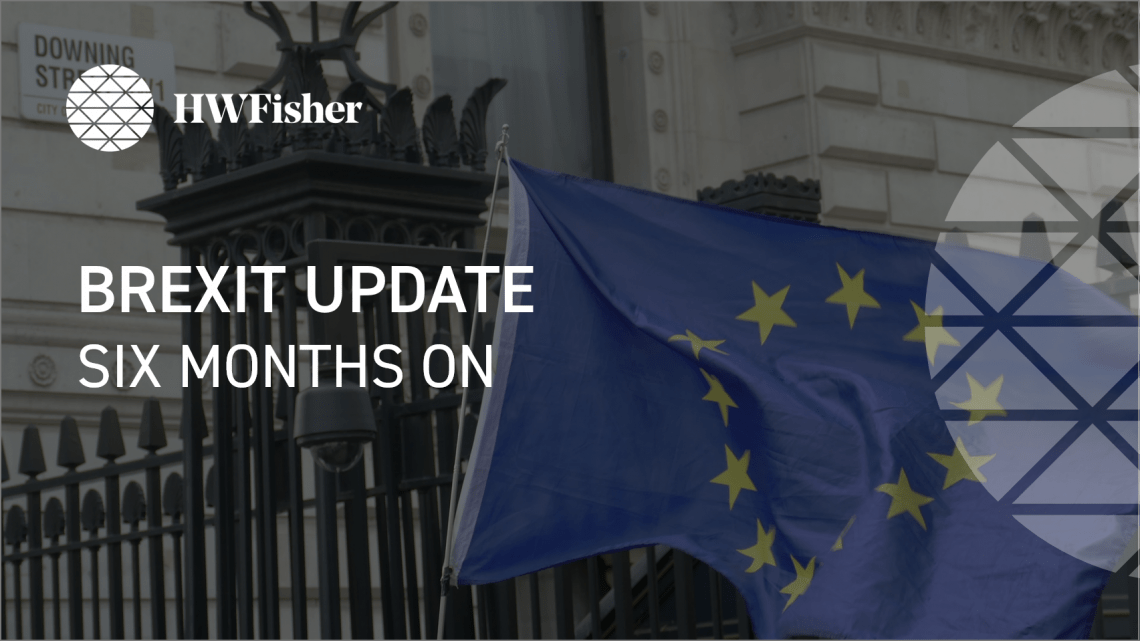
by Gerry Myton, Consultant
The impact of the UK leaving the European Union (EU) on VAT and Customs remains profound. The below highlights some of the major changes to be aware of.
Movement of Goods
Goods coming into the UK from the EU are now treated as imports and movements of goods from the UK into the EU are exports. Customs declarations are required for imports and exports and there may be checks on the goods at the border.
Currently, submission of customs declarations on imports of non-controlled goods into the UK from the EU can be delayed up to six months from the point of import. However, from 1 July 2021 this will no longer be available, with full customs declarations being required at the time of import.
Customs Duty: Duty Rates
The Free Trade Agreement provides for zero tariffs and quotas on goods that originate in the UK or EU.
There are two ways goods are treated as originating:
If the goods being imported/exported meet the origin rules, it is considered to be 100% originating. Importers are responsible for obtaining proof that the goods meet the origin rules, for example a statement on origin by the exporter or other evidence on the originating status of the goods.
Where goods do not meet the origin rules, the movement of goods into UK or EU will be subject to Customs duty:
Postponed VAT Accounting
Businesses have the option to use postponed VAT accounting to account for import VAT on goods coming into the UK from the EU and rest of world. The key features of the scheme are:
Under PVA the effect of import VAT is nil – an entry in box 1, a corresponding entry in Box 4 of the VAT return and an entry in box 7 for the value of the import (excluding VAT). This will be extremely beneficial to a business as it provides a cash flow advantage.
Consignments under £135
Low Value Consignment Relief which provided relief from import VAT on consignments of goods £15 or less is no longer available. Instead, new arrangements are in place which applies to overseas sellers for goods to customers in Great Britain. The key features of the new arrangements are:
Import One Stop Shop (IOSS)
From 1 July 2021, the EU has introduced new VAT e-commerce rules which require all commercial goods imported into the EU from a third country to be subject to VAT.
The IOSS was also introduced as a way to simplify the declaration and payment of VAT on the sale of imported goods. The IOSS is available for goods where the consignment value is €150 or less and is supplied to customers in the EU.
Under the IOSS, the seller must charge VAT at the rate applicable in the EU member state in which the goods are delivered. The seller will have a registration in a single EU member state and account for VAT on sales to consumers in all EU member states.
Services
Although the majority of the VAT rules for services are largely the same as they were prior to 1 January 2021, there are a few changes to note:
For any queries and to be kept updated on further changes, please get in touch.
We’d love to hear from you. To book an appointment or to find out more about our services: